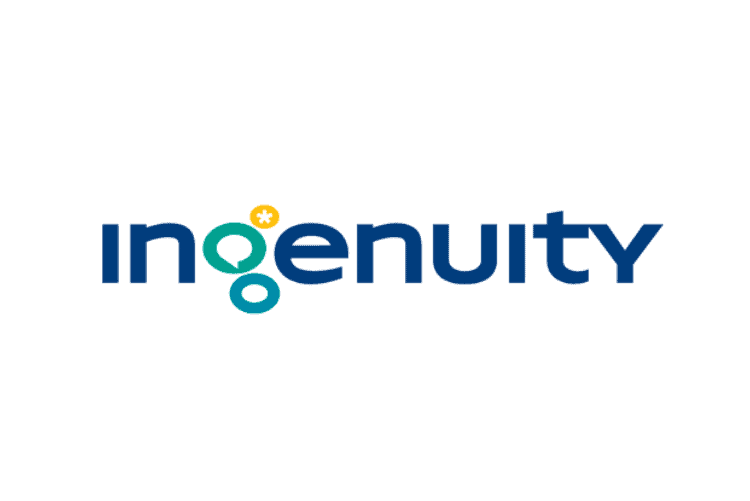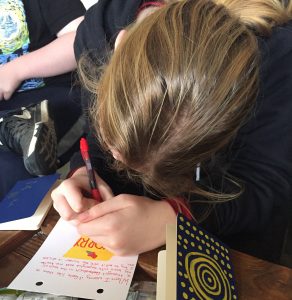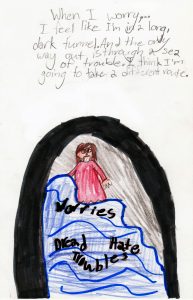FOR IMMEDIATE RELEASE: Aug. 20, 2021
 Portland, Ore. – The Regional Arts & Culture Council (RACC) is pleased to announce its Arts Education Program was awarded a Community Creative Expression Grant for $10,000 from the Portland General Electric Foundation. The purpose of the grant is to expand arts education advocacy and equity in Multnomah County’s middle and high schools with the expansion of advocacy into Clackamas and Washington County. This is a collective impact project with a focus on equity and access to arts education in underrepresented and underserved communities in the tri-county area compromised of Multnomah, Washington, and Clackamas counties. As we emerge into a new post-COVID world with a focus on equity and access we look to include more counties (Washington and Clackamas) school districts on the artlook® platform, a unique data driven arts education platform that connects schools, families, students and arts organizations to quality arts programs in their neighborhood.
Portland, Ore. – The Regional Arts & Culture Council (RACC) is pleased to announce its Arts Education Program was awarded a Community Creative Expression Grant for $10,000 from the Portland General Electric Foundation. The purpose of the grant is to expand arts education advocacy and equity in Multnomah County’s middle and high schools with the expansion of advocacy into Clackamas and Washington County. This is a collective impact project with a focus on equity and access to arts education in underrepresented and underserved communities in the tri-county area compromised of Multnomah, Washington, and Clackamas counties. As we emerge into a new post-COVID world with a focus on equity and access we look to include more counties (Washington and Clackamas) school districts on the artlook® platform, a unique data driven arts education platform that connects schools, families, students and arts organizations to quality arts programs in their neighborhood.
RACC will conduct outreach and engagement, and offer professional development opportunities for arts educators in seven elementary schools in the Reynolds School District in East Multnomah County, which are currently unserved by the Council. This effort will support equity and access in arts education in the tri-county region through advocacy, outreach, and engagement. RACC’s mission is to enrich our communities through arts and culture. Support for artlook® Oregon will support this through collaboration and community engagement.
The Regional Arts & Culture Council wishes to thank the PGE Foundation for recognizing the past work in arts education and appreciate their acknowledgment with this grant in RACC’s pivot to expand the scope of services, advocacy, and community engagement.
##
An independent nonprofit 501(c)(3) organization, we support greater Portland’s creative economy by providing equitable funding and services to artists and art organizations; managing and growing a diverse, nationally acclaimed public art program; and developing long-lasting public and private partnerships. For more information visit racc.org.








